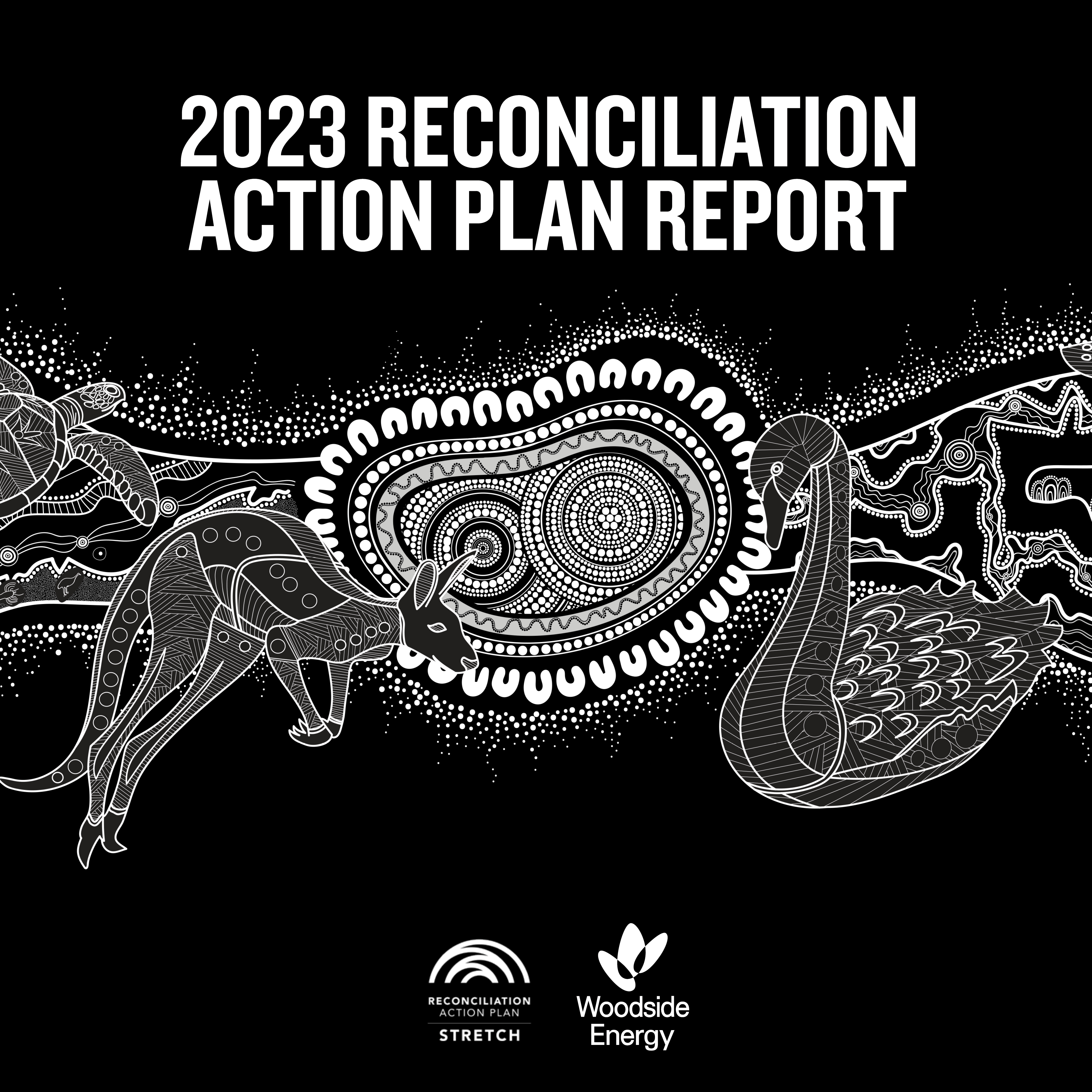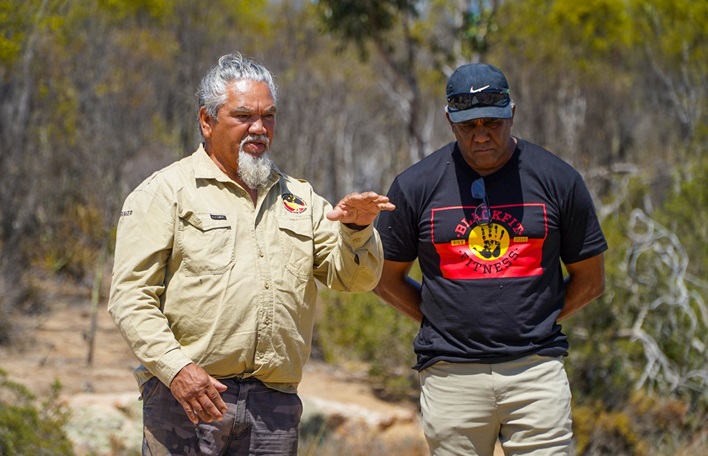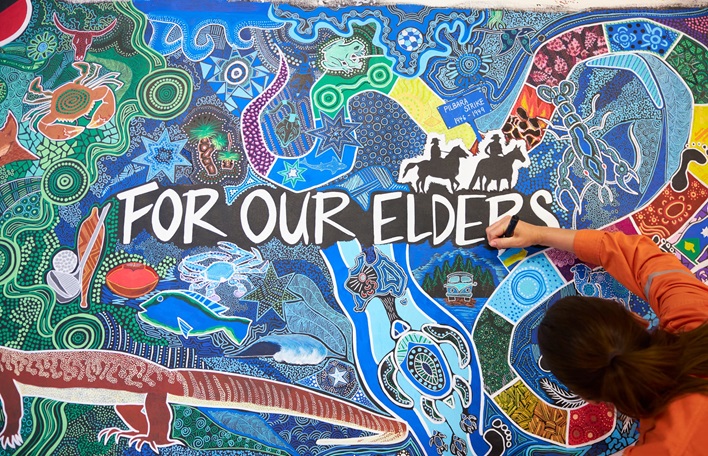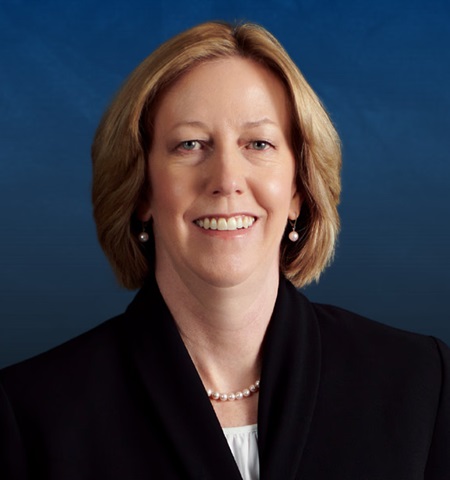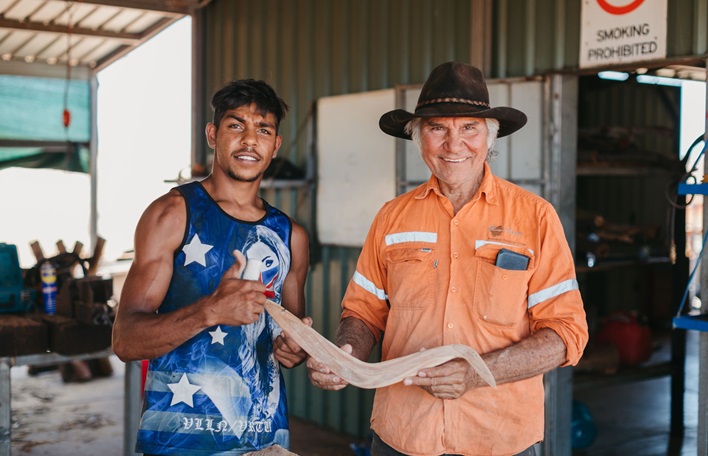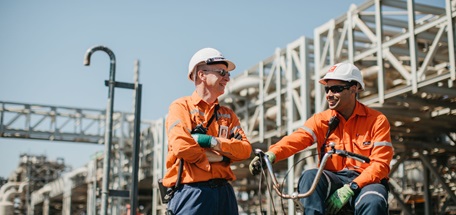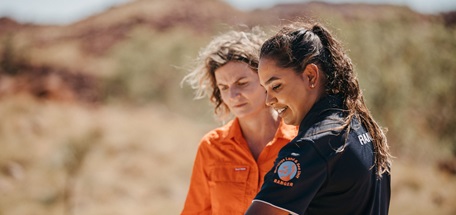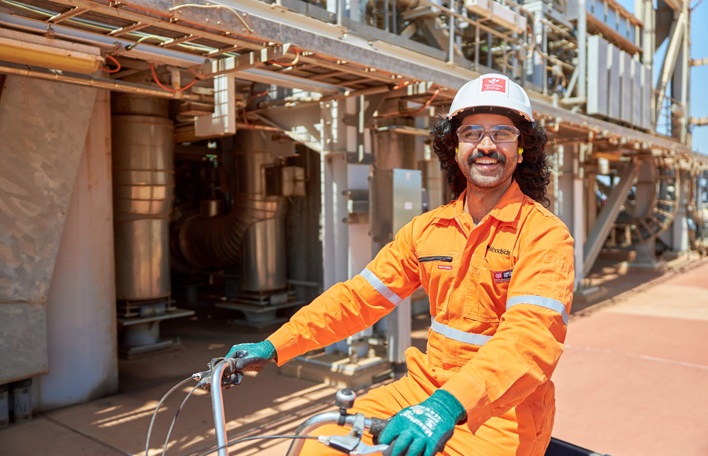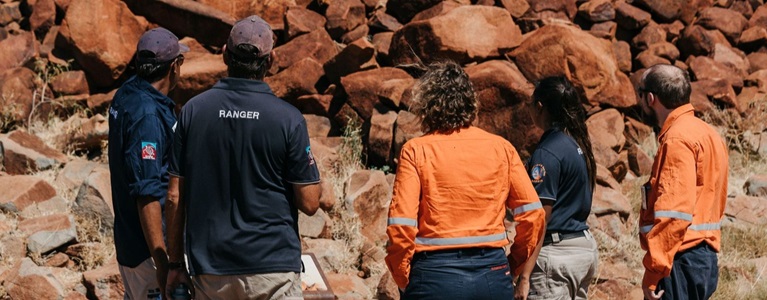
First Nations cultural heritage and engagement
We acknowledge the unique connection that First Nations communities have to land, waters and the environment.
2023 RAP Report
Woodside has released its 2023 Reconciliation Action Plan (RAP) Report. We've seen advancements across our four key pillars: Respect for Culture and Heritage, Capability and Capacity, Economic Participation, and Stronger Communities.
We acknowledge the unique connection that First Nations communities have to land, waters and the environment.
We believe First Nations cultural heritage and industry can successfully coexist and that Traditional Owners and Custodians can help us to understand, manage and protect cultural values.
We strive to ensure Traditional Owners and Custodians are central to heritage management so that their cultural values are understood and remain protected. We understand the importance of identifying and working with those who have longstanding cultural and spiritual connections to land and waters where we have a presence. By consulting effectively, we can be guided by First Nations peoples in our efforts to avoid or minimise the potential impact of our operations – this improves cultural heritage management performance, and can reduce the risk of unanticipated disruption to business activities such as through regulatory intervention. We also believe we can partner with First Nations communities to create positive outcomes that leave a lasting legacy, improving both our business and the communities where we operate in.
There is diversity within the First Nations communities in the areas where we are active. When communicating with a wide audience, Woodside uses the term Indigenous and First Nations interchangeably. On a local level, Woodside will be guided by the community as to the appropriate terms of reference.
Related information
Click on each of the following topics to view more about it.

